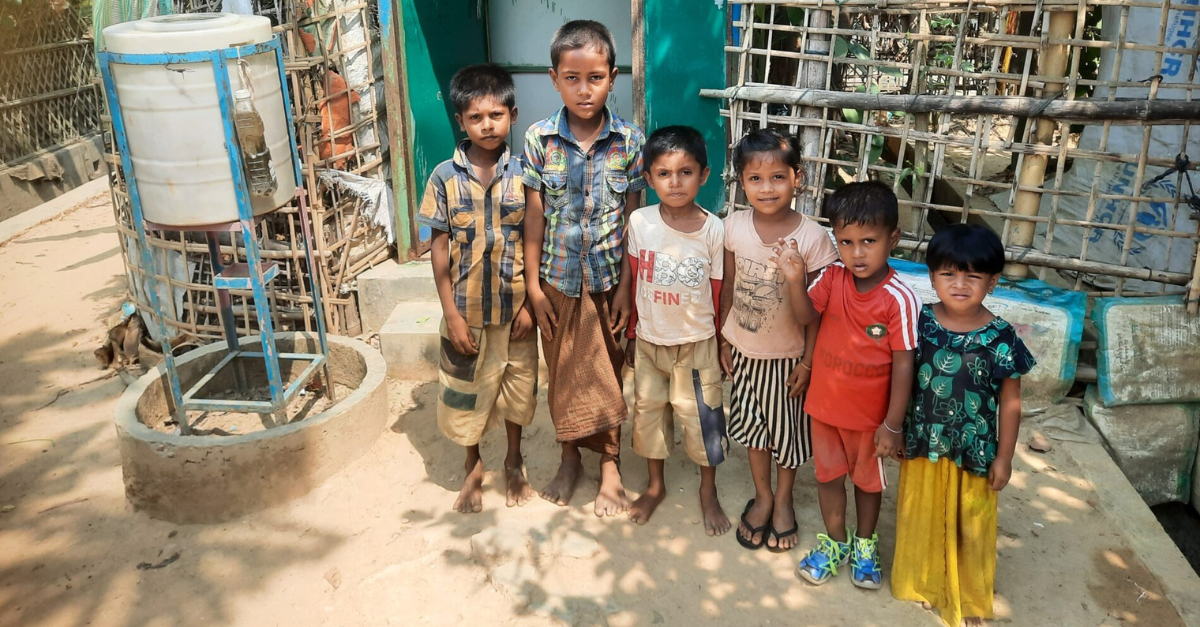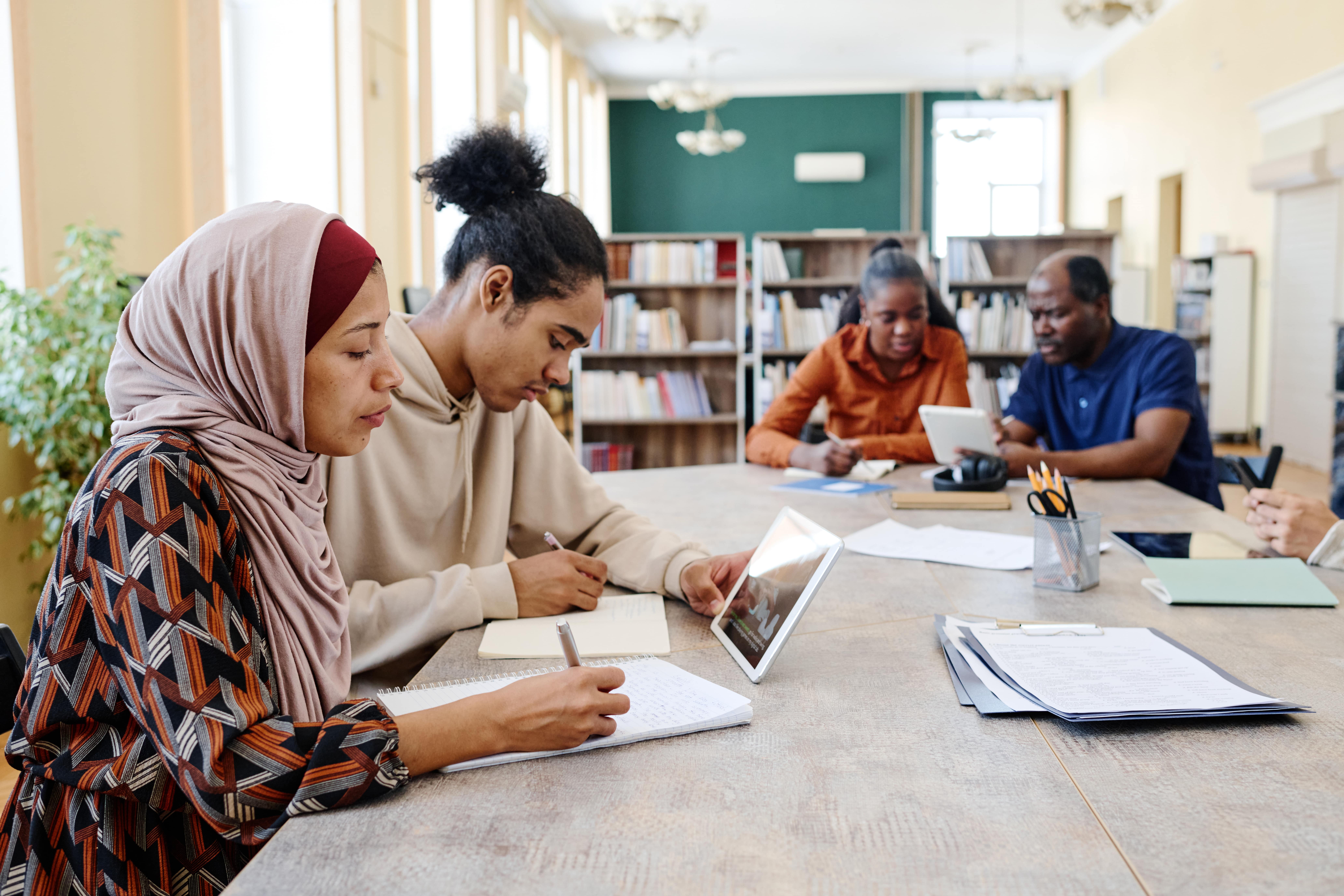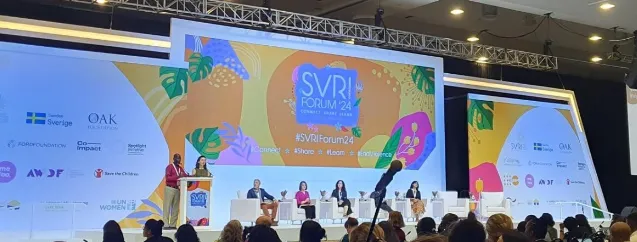Words of relief in the fight against Ebola

NAIROBI, KENYA: The Ministry of Health is using social media to bolster preparedness and raise awareness on Ebola. “As part of our Ebola preparedness plan, we would like to share the WHO Ebola clinical management guidelines. Follow this link to download https://db.tt/UiHp87BW,” wrote Dr Muraguri, the Director of medical services in Kenya.[1]
While the above SMS is important and critical, it would be even more effective if the public could access basic Ebola information in the language they understand best.
In rural Kenya, most people may have heard about Ebola through the radio or TV. However, a very small percentage has knowledge about it. Many are asking what is it. How is it passed? How can we prevent it? What causes it? What can we do in case of an outbreak? Is Liberia near us? Is it in Nairobi?
Imagine yourself in a Kenyan rural area; you have no idea about this ‘animal’ called Ebola. Then an Ebola outbreak is here at your doorstep. Your loved ones have started dying, and you don’t even know why or how to prevent it from happening to you or others. Within no time, NGOs, medical practioners and media have flooded your village. You have been separated from your loved ones. Fear, confusion and depression is bound to overtake you. If you had prior Ebola information, prevention would be easier and there would be less distress.
In this case, Words of Relief plays a big role while it implements one of its key components, which is translating key crisis and disaster messages into languages around the world and disseminating them openly before crises occur.
Communication in the right language is aid! People need critical information before a crisis occurs. Translating key crisis messages and disseminating them, speeds up vital response and relief efforts, thus improving the delivery of aid.
We have been keen to translate Ebola virus awareness posters and information into Swahili to ensure that we have the critical messages in a language that can be understood by approximately 90 percent of Kenyan population.
In addition, we started translating Ebola messages into key West Africa languages as we received funding from the Humanitarian Innovation Fund for an extension of Words of Relief to improve communications between aid workers and local populations in West Africa suffering from the Ebola epidemic.http://translatorswithoutborders.org/node/130
One of the languages is Krio. English is the official language of Sierra Leone. But it is really only spoken in Freetown, a city relatively unaffected by the virus. The epidemic is centered in districts far from Freetown, where 90 percent communicate using Krio. Ebola posters in Krio language are helping a great deal to create awareness, and prevent the spread of the disease.
We are working with volunteers, to reduce the gap in knowledge through translation.
Meanwhile, we are excited to have carried out a simulation exercise of the Spider Network. Tune in next month for more details.
[1] Article by Gatonye, The Standard newspaper, Oct 21st, 2014
Stay updated
Sign up for our newsletter to receive regular updates on resources, news, and insights like this. Don’t miss out on important information that can help you stay informed and engaged.
Related articles



Explore Elrha
Learn more about our mission, the organisations we support, and the resources we provide to drive research and innovation in humanitarian response.